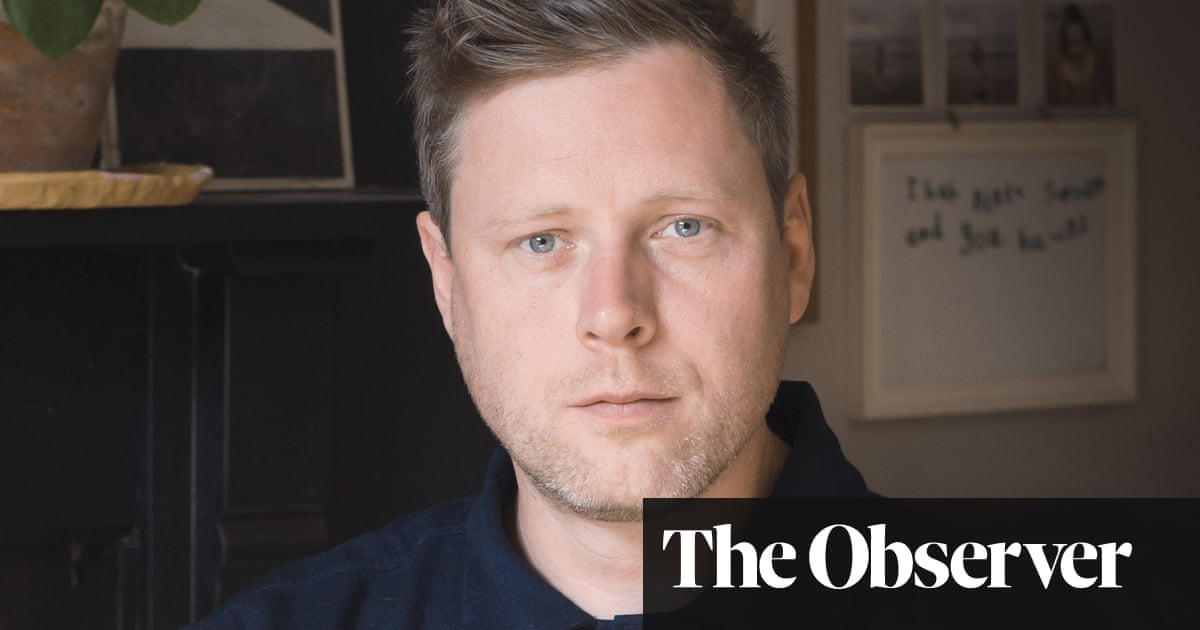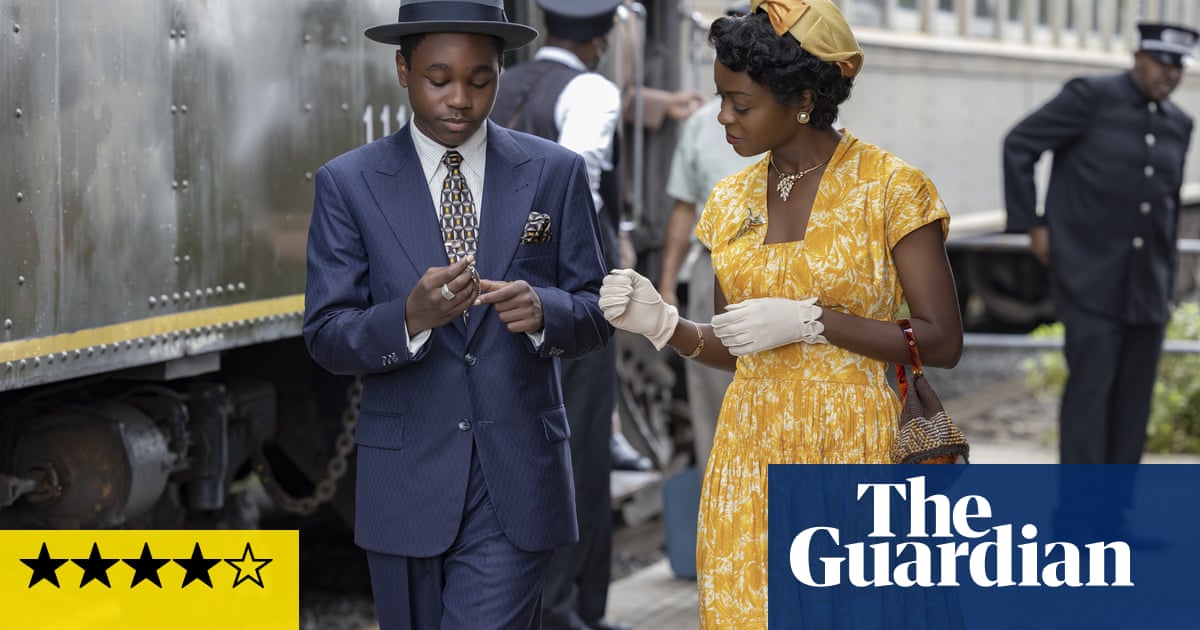
Charlotte Mendelson is among the greatest villain-creators of contemporary fiction, most recently bringing us the loathsome and tyrannical artist Ray Hanrahan, under whose scattergun rage his equally-if-not-more talented wife and their children cowered in The Exhibitionist. Narcissism is Mendelson’s subject, and the nooks and crannies of domestic and familial life that provide the ideal environment for it to root and flourish.
Wife, her sixth novel, provides us with a grotesque to rival Ray in the form of Penny, an expat Australian academic whose younger wife, Zoe, is attempting to escape during the course of a single day. A bolthole organised by the novel’s hero, their neighbour Dawn, all emergency fags and bolstering talk of support forums and red flags, stands waiting; but first Zoe must navigate Penny’s desperate last-ditch attempts to prevent her departure – a note reading “YOU ARE A MONSTER” taped to a rabbit’s litter tray – and, somewhat late in the day, a booby-trapped mediation session.
Herein lies one of the many rubs: the dissolution of Penny and Zoe’s family requires not merely making arrangements for their two daughters, Rose and Matilda, but the agreement of Penny’s ex-girlfriend Justine and her brother Robin, whose “smarmy old spunk” they requisitioned for conception. Now Justine and Robin are determined to enforce every condition of the parental agreement that Penny once blithely assured Zoe they would ignore, and Penny herself is firmly in their corner, casting Zoe as a home-wrecker hell-bent on ruining all of their lives.
This is Wife’s complicated business at hand, delivered in agonising detail in claustrophobic spaces as the clock ticks towards the arrival of Zoe’s getaway car (in this case, Dawn’s Nissan Cube). Its portrait of the quotidian disarray of the end of shared lives is horrifying and bathetically funny: surging emotion and regret queasily suppressed as you stare forlornly at a Ponies of the World dishcloth and worry about parking permits. But in the background, the whole relationship, from soup to nuts, lies there for the grim picking-over, its founding and sustaining mythology now a matter of violently contested perspective.
Penny and Zoe’s story (“Then”) comes to us through one narrowed focus – Zoe’s – and its narrative force makes it near impossible to admit any other. We learn that Penny, then in her mid-30s, glamorous, worldly, beautiful, scoops Zoe from romantic, social and professional obscurity, dressing her “breadily undefined” body in wrap-dresses and heels (“God, the outfit you were wearing when I got you,” she later remarks, brazenly sinister), scorning her provincial parents and friends, broadening her aesthetic and cultural palette with hair-raising proprietorship. One can see that for sexually unconfident Zoe, a partner boasting an ex so celebrated that a likeness of her vulva, cast in bronze, is displayed in a Santa Fe gallery, might take some resisting.
And yet. There is also the question of love, and of complicity. Beneath the relentless comedy of Mendelson’s prose, filled with gossipily malicious observations, one-liners and bravura set-pieces at house parties and in family therapy suites, lurks the thought that Zoe has licensed Penny’s excesses to persist for nearly two decades, and has allowed their children to become unwilling and unhappy bystanders in their family’s collapse. Can her own history – including another of the book’s outrages, her preening and self-pitying mother, Tricia – explain her collusion? Can the strength of her early and sincere love for Penny excuse it? If we don’t take her side, are we blaming someone who is so demonstrably and pitifully a victim for their failure to get out?
These are uncomfortable questions, encouraged by the novel’s epigraphs, including a Shirley Hazzard quotation suggesting that “a true friend” does not indulge the idea “that there are two sides to every question”; another, from Elizabeth Strout, considers the pain that parents may inflict on their children. Readers are not true friends, nor parents, and they are entitled to take sides as their enjoyment, sympathies and involvement dictate. But it is in these hinterlands that Wife disturbs as much as it entertains and becomes a compelling study in dependency and distress. All of which said, if your loved one compares you to both a rescue dog and a squid, accuses you of having LesbOedipal tendencies and is jealous of your lupins, then an exit strategy might not be a bad thing.
Wife by Charlotte Mendelson is published by Mantle (£18.99). To support the Guardian and Observer order your copy at guardianbookshop.com. Delivery charges may apply.












